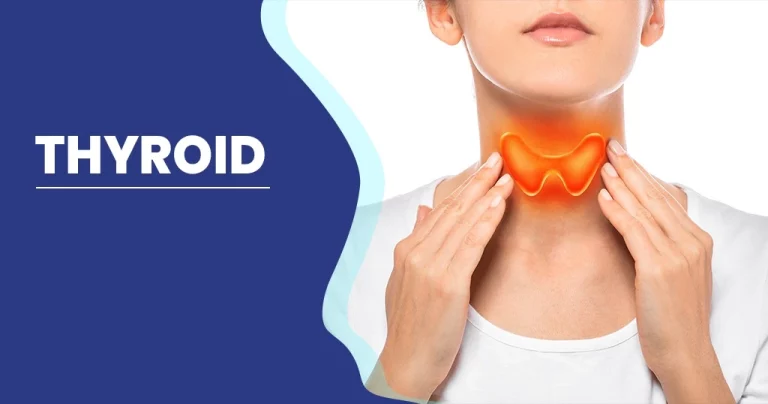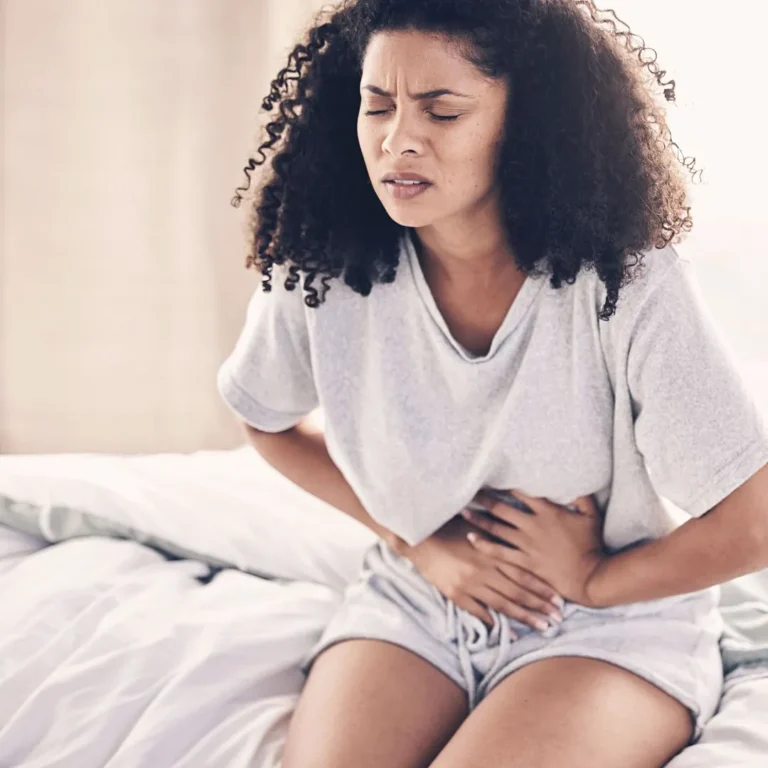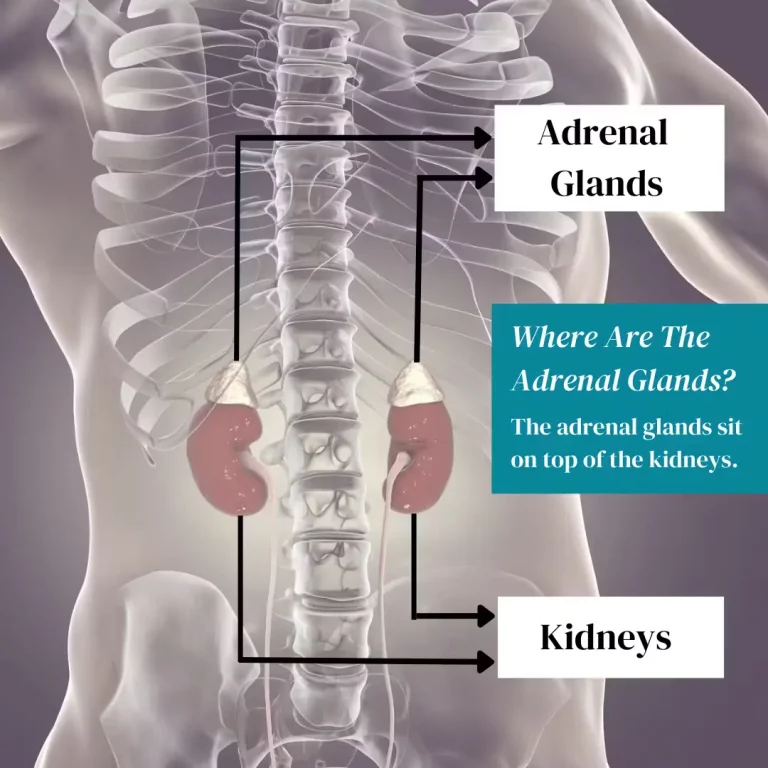What Is The Age For Perimenopause?
Perimenopause is the time when your body begins to make the transition from regular menstruation (having a monthly period) to permanent menopause (no longer having a monthly period). It is a time of hormonal changes, which can lead to some pretty dramatic symptoms—including hot flashes, mood swings, weight gain, sleep problems, and more.
When Does Perimenopause Start?
Menopause is defined as a woman’s final menstrual period and is diagnosed when she has not had a period for 12 consecutive months. Menopause occurs between ages 40 and 58: The average age of menopause (the final period) is 51.
But, women don’t just suddenly stop having periods: They experience physical and hormonal changes years before their final period. This transitional time period is called perimenopause, and it is unique to every woman. Perimenopause usually starts between age 40 and 45 and lasts for about 4-10 years.
How Long Does Perimenopause Last?
On average perimenopause lasts from 4 to 8 years, with the majority of the years being before the actual occurrence of menopause. Perimenopause ends 1 year after menopause (the final menstrual period).
Women whose transition into perimenopause occurs at a younger age usually will have a longer menopause transition overall. On the other hand, women who have a later onset of perimenopause tend to have a shorter time overall of transition.
In addition, a large study that observed menopause symptoms and duration among women of a variety of ethnic backgrounds found that the transition time to menopause can be impacted by certain demographic factors. For example, African American women had on average a longer duration overall than white women. And greater body mass index (BMI) was associated with later onset menopausal transition.
Related: Weight Gain In Menopause
Premature Menopause
Menopause transition that occurs before age 40, whether naturally occurring or induced, is called premature menopause. This occurs in about 1% of women in the US. Induced menopause refers to amenorrhea (lack of menstrual cycle) due to surgical removal or other medical treatment of the ovaries or to chemotherapy or radiation therapy.
Women who have induced menopause experience the common symptoms (such as hot flashes, vaginal dryness, and disturbed sleep) but without the gradual transition period. Women who experience premature menopause due to natural causes (not medical intervention) do experience the graduate transition. If you are experiencing premature menopause, whether it is induced or naturally occurring, speak to your ob-gyn. Your doctor can help you to understand what your options are and what the best practices in this area.
Age For Perimenopause: Take Home Points
Perimenopause is the time before and after menopause. The transition from a woman having reproductive fertility to then no longer having a period, and losing the ability to conceive children naturally, is a different experience for every person. The age ranges for onset and duration of perimenopause vary across demographic populations and also vary for other genetic or medical reasons. Each person’s experience is unique, and the entire process, though challenging, is normal and natural. Ask your ob-gyn about any symptoms you may be experiencing or about any questions you have about this natural shift in a woman’s life.
Sources
https://www.ncbi.nlm.nih.gov/pmc/articles/PMC6082400/
http://www.menopause.org/for-women/menopause-faqs-premature-early-and-induced-menopause
https://www.acog.org/womens-health/faqs/the-menopause-years
We discuss products we think are useful to people. If you buy something through our links, we may earn a commission. Remember to check with your personal physician to see if a product recommended is right for you.








